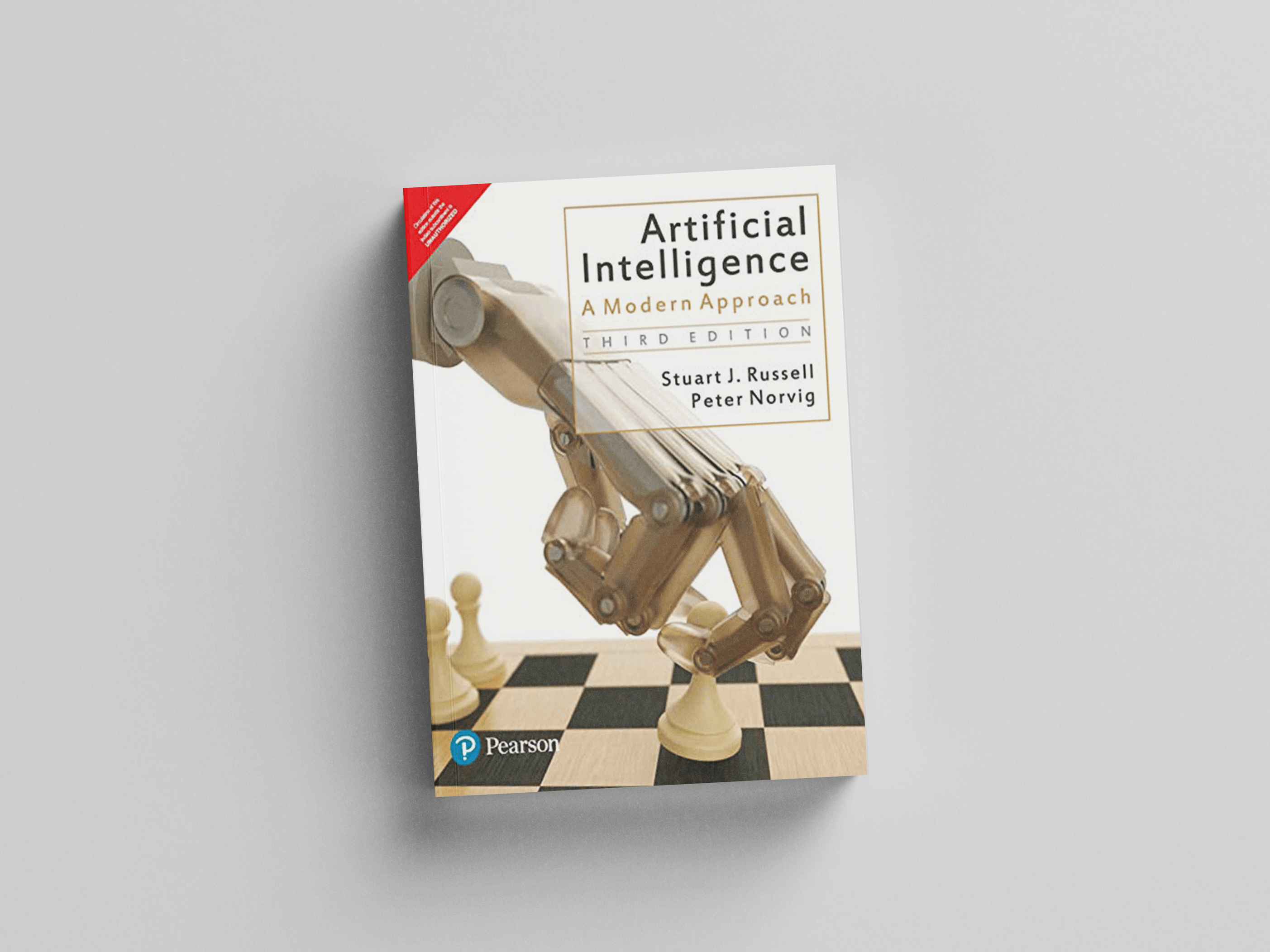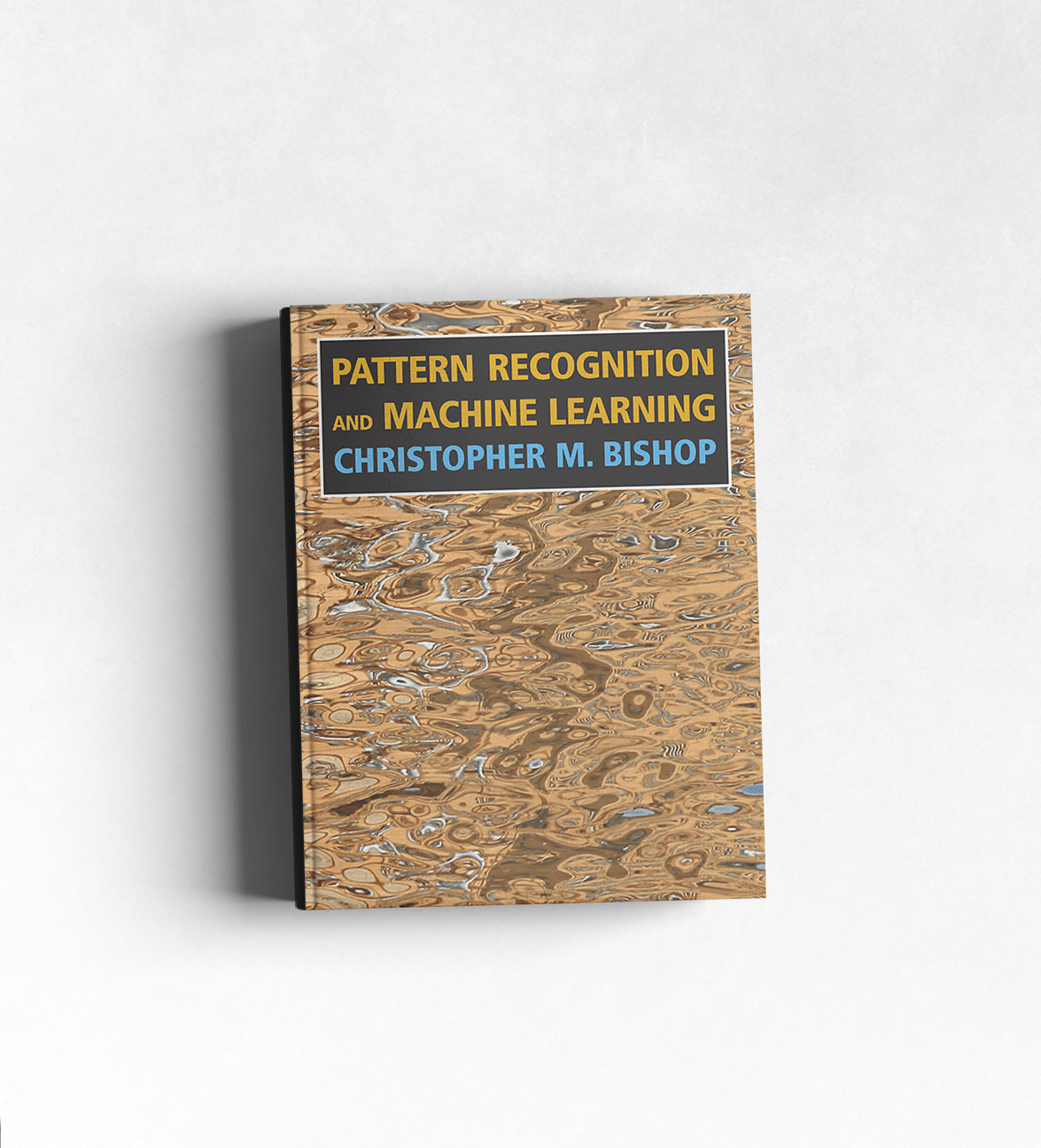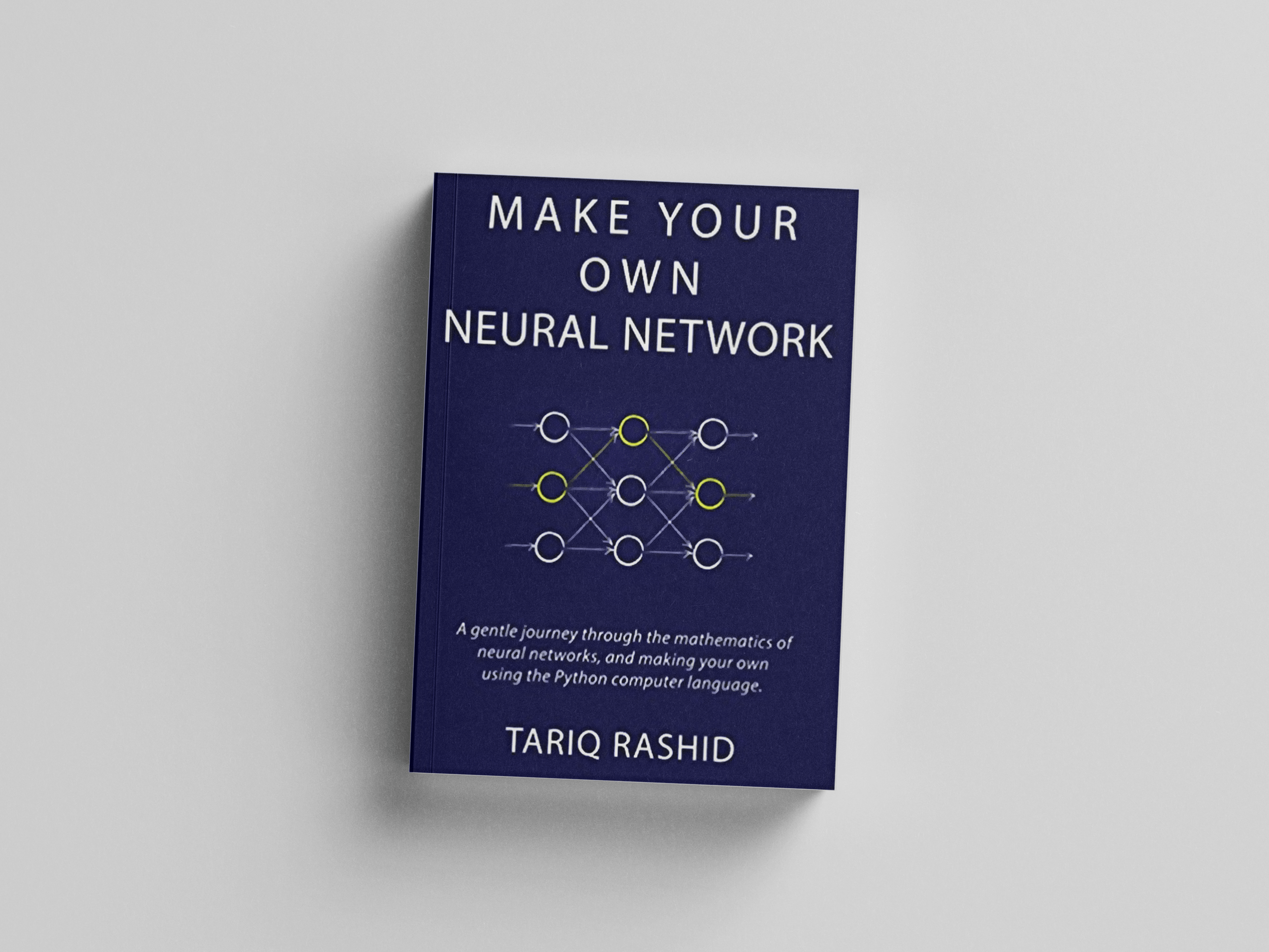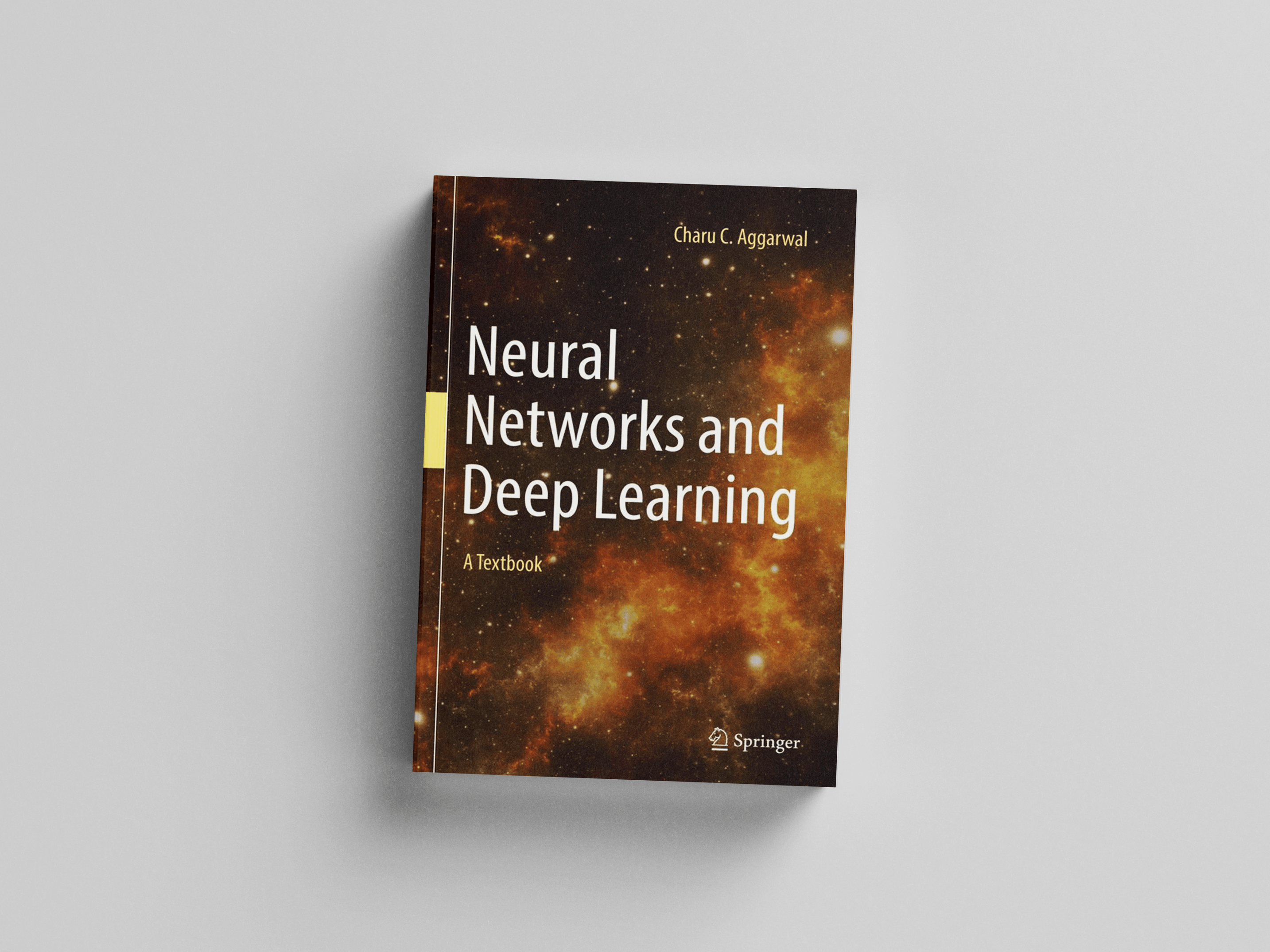I've put together the top five best Artificial Intelligence books available. And to be frank, it has been difficult to find those books.
Between all the A.I conspiratorial books, there really wasn't much left to choose from.
These books are measured on the basis of reliable community reviews and the quality of the content that I noticed while reading every book for myself, because you shouldn't waste your time on bad content. You will never really understand the field of Artificial Intelligence, nor will you be able to apply it very well when you read too complicated and confusing books.
These books will cover subjects such as Mathematical Optimizations, Neural Networks, Economics Probability and Logic. They're all very useful today in the real world.
Also check out 5 Interesting FREE AI Books for absolute Beginners by Springer where some of these Books are also listed.
Keep in mind that as an Amazon partner, I earn from qualified sales

1. Artificial Intelligence: A Modern Approach
Artificial Intelligence: The Modern Approach is remarkable and many find it to be the Bible of AI. Incredible clarity and readability. Peter Norvig and Stuart Russell are both icons of this field. Comprehensive knowledge on building agents, including graph algorithms, is available. If you're looking for one of A.I.'s greatest books, this is definitely the top option.

2. Pattern Recognition and Machine Learning
Pattern Recognition and Machine Learning is a highly specialized book on pattern recognition.
I don't think any other book would have such an impact as this one. It's a really great book for its time, originally made public back in 2006. It's a good springboard to a lot of other advanced texts. Topics are covered and explained with exceptional clarity, with an eye to understanding both the theory and the intuition.
If you're looking for a practitioner guide or a first ML book for self-study, it's probably not ideal. It assumes a significant knowledge of multivariate calculus, basic stats and probability. If this is your background, I think it's a really good book because of its theme, coherence and depth consistency.
Most chapters are pretty self-contained, so once you've worked your way through the first few chapters, you can skip around as needed. I think you would have been hard pressed to find a better explanation of a lot of the topics covered here. Finally , it is worth noting that it is a non-bs book covering scientific subjects like Bayesian methods, and lacks some kind of subtility that can take getting used to for seasoned statisticians. However, if the above sounds like what you're looking for, this is a good choice.

3. Make Your Own Neural Network
Make Your Own Neural Network is a very well-written book with lots of explanatory graphs, images, charts, and full source code needed to create a neural network built through the book step by step. It's going to take you through how to build a real, working neural network without any prior knowledge of complex math or deep learning theory.
The theory and internal workings of the Neural Network are explained first of all in a very approachable way, and in the next part, the actual python program is being written, again in a very approachable and very well-explained way.
My only criticism is that it does not explain some of the more advanced concepts found in modern neural networks, such as convolution pooling layers, layers, etc. Don't be put off by that at all, it still explains a lot of relevant and fascinating concepts.
This book is the perfect eye-opener for someone who doesn't know how Neural Networks work, it's going to give you the foundation for future learning.
_BOOK.jpg.png)
4. The Elements of Statistical Learning: Data Mining, Inference, and Prediction
The Elements of Statistical Learning: Data Mining, Inference and Prediction probably is the best book to build a sound statistical foundation. It is full of the equations needed to root the methodology without engaging the reader with long proofs that would tax you if you use these techniques in the business world.
The visual components of the book seem to be written with John Tukey or Edward Tuft in mind. Although their repeated use makes the book seven hundred pages long, reading and comprehension is so much smoother.
And while the book has been published for almost ten years, the methods mentioned are still at the cutting edge of data science.

5. Neural Networks and Deep Learning: A Textbook
Neural Networks and Deep Learning: a textbook is a fantastic book from an academic point of view, and has a bit of a conceptual understanding for practitioners as well.
It's relatively easy to understand given that this is a mathematically intensive book. Not a book on implementation, but perfect for a deep understanding of concepts.
The book has been able to include discussions on the design of a variety of real-world neural network implementations in photos and text that is useful for practitioners. Hands down there is no better book which is directly comparable to this book out there in terms of design and covered content.
